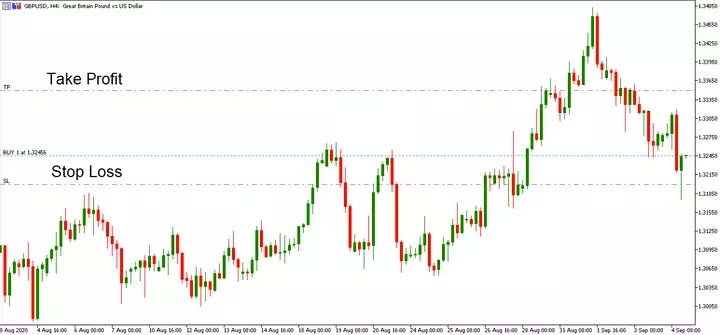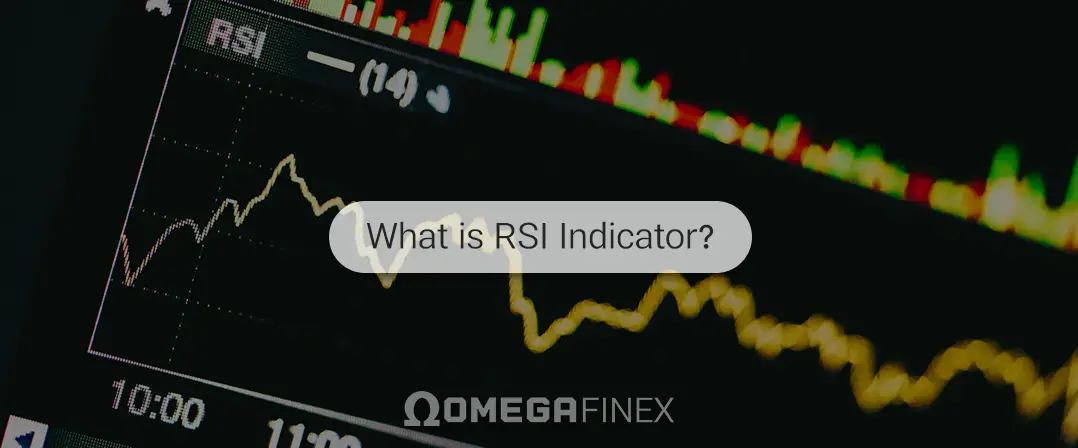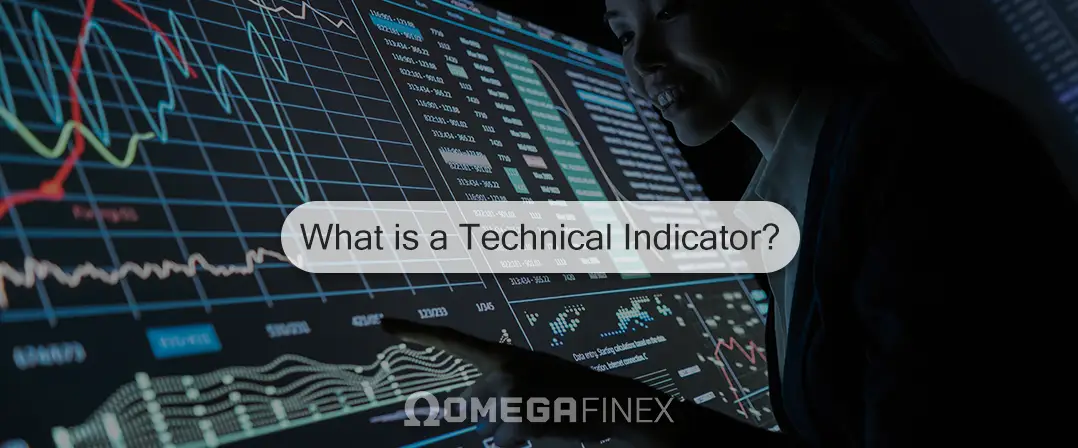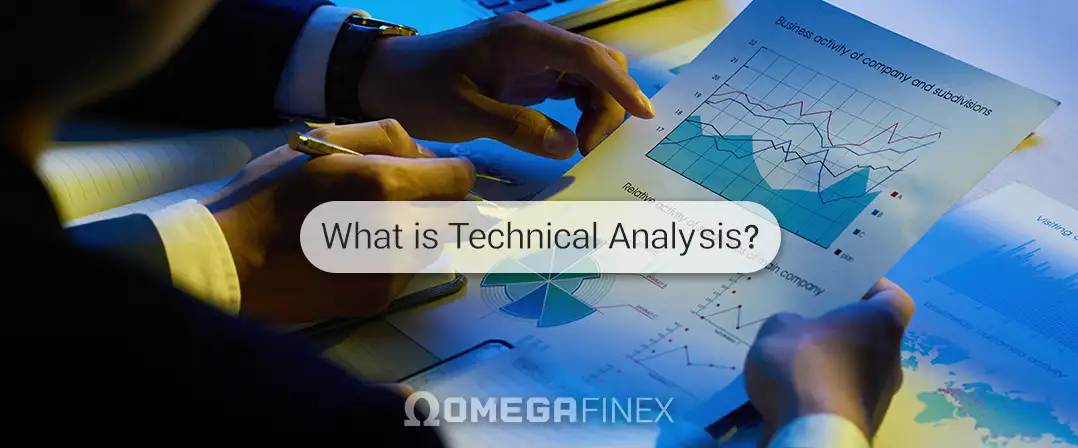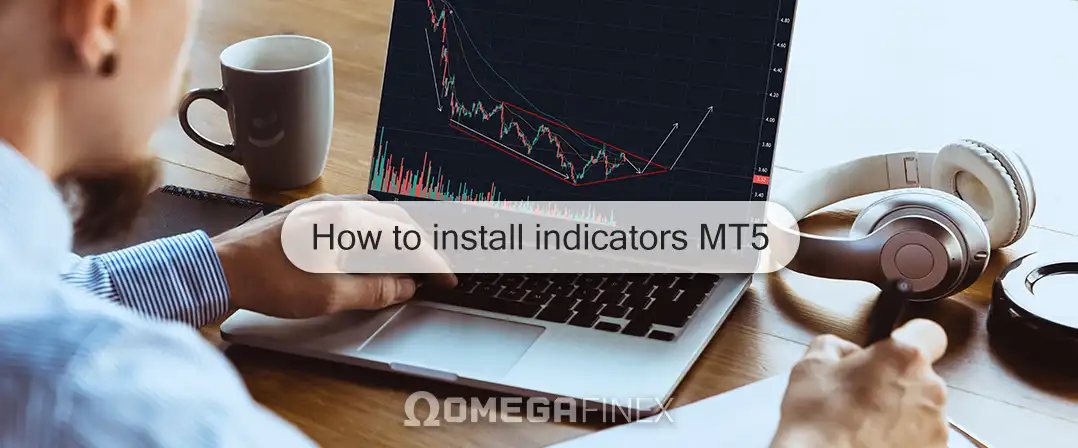
How to become a Forex Trader in 2024?
Becoming a forex trader opens the door to a world of opportunities, excitement, and continuous learning. However, the journey is not without its challenges, and many aspiring traders find themselves facing risks that can lead to losses. In this article, we will guide you on how to become a forex trader, sharing insights on trading practices, tips for beginners, and actionable advice for both novices and experienced traders.
Become a Forex Trader: An Insight
A forex trader is an individual who engages in financial market transactions, either independently or on behalf of financial institutions like banks, investment funds, or hedge funds. These transactions involve buying or selling various assets such as currencies, equities, bonds, or commodities. Traders working for financial institutions execute orders on behalf of clients, while independent traders use their own funds through online trading platforms.
Defining Success in Forex Trading
Success in forex trading is a subjective concept that varies among individuals. Setting realistic and quantifiable goals is crucial when entering the world of forex. Your goals should be easy to measure, achievable over the long term, and align with your risk tolerance. Consider annual goals rather than monthly targets, and ensure you have a clear vision of your resources, starting deposit, and your commitment to full-time or part-time trading.
Top 10 Tips to Become a Successful Forex Trader
- Manage Your Expectations: New forex traders often fall into the trap of chasing profits, leading to anxiety, clouded judgment, and potential losses. Dispel unrealistic expectations and understand that rapid wealth accumulation is unlikely. Establish realistic goals, such as an annual return on investment or a monthly pip target, and avoid operating with excessive risk.
- Define Your Trading Risk Profile: Before committing significant funds, grasp the fundamentals of the market, assess your capital, and research the markets and currency pairs you’re interested in. Avoid investing more than you can afford to lose, diversify your investments, and identify your risk profile (moderate, aggressive, or conservative).
- Choose a Trading Strategy: Develop a trading strategy aligned with your risk profile and market understanding. There’s no one-size-fits-all approach, so choose a strategy that resonates with your goals and preferences. Research trading tools, and study techniques, and conduct thorough backtesting to ensure the effectiveness of your strategy.
- Control Your Emotions: Emotional control is paramount in forex trading. Trust your analysis, follow your trading strategy, and make informed, rational decisions. Manage stress levels, refrain from trading in emotional extremes, and avoid overconfidence after a winning streak, as it can lead to substantial losses.
- Use Stop Losses and Take Profits: Regardless of your trading style, always set stop-loss and take-profit orders. These predefined levels help manage risk and ensure you exit a trade at desired price points. Be aware of slippage in volatile markets and understand that stop losses are not foolproof guarantees.
- Keep Up With the Markets: Stay informed about market news, economic events, and central bank announcements. Fundamental trading and technical analysis should complement each other in your decision-making process. Even if you’re a technical trader, pay attention to fundamental news, as it can significantly impact market movements.
- Avoid Overtrading: Overtrading is a common pitfall for new traders seeking quick profits. Trade frequency and volume should align with your strategy, and impulsive trading can lead to unnecessary risks. Warren Buffett’s advice on waiting for clear opportunities applies equally to forex trading.
- Accept Losses as Inevitable: Every trader, regardless of experience, will face losses. Acknowledge that losses are part of the journey and focus on overall profitability over time. Learn from mistakes, admit when you’re wrong, and strategize to offset losses with profitable trades.
- Develop a Trading Plan: A well-defined trading plan is essential to minimize risks and establish disciplined trading practices. Identify conditions for entry and exit, adhere to your plan, and avoid impulsive decisions. Disciplined trading fosters consistent decision-making and navigates market complexities effectively.
- Choose the Right Broker: Selecting a reputable broker is crucial for a positive trading experience. Research brokers’ licenses, financial security, customer service, and trading platforms. A trustworthy broker instills confidence and allows you to focus on analysis and strategy development.
The Significance of Forex Education
The forex market is dynamic, requiring continuous learning and adaptation. Forex education is essential to understanding market fluctuations, patterns, and trading principles. Take the time to learn about ratios, charts, indexes, and trading psychology. Consider enrolling in educational courses, such as Admirals’ Forex 101, to build a solid foundation for your trading journey.
Forex Trading: Top 3 Tips
- Develop Your Trading Strategy: Building a personal trading strategy is the cornerstone of sustained market participation. Research instruments, understand technical aspects, and use a demo account to refine your strategy. Consistency and routine are key, and as you grow, your strategy will evolve with your experience.
- Do Not Overtrade on a Demo Account: Transition from a demo account to a live trading account as soon as you’re ready. While demo accounts are valuable for learning, real success comes from trading with real money. Avoid delaying live trading for more than three months after starting on a demo account.
- Establish a Trading Plan and Adhere to It: Once you’ve transitioned to a live trading account, develop and adhere to a strict trading plan. Set stop-losses for each trade, limit risk to 2% of your margin, and keep emotions separate from trading decisions. Stay disciplined, learn from both successes and losses, and always trade when it feels right.
Conclusion
Becoming a successful forex trader is a journey filled with challenges, learning opportunities, and potential rewards. By managing expectations, defining risk profiles, choosing effective strategies, and maintaining discipline, you can navigate the complexities of the forex market. Remember that losses are inevitable, but with continuous education, a solid trading plan, and perseverance, you can pave the way for a fulfilling and profitable trading career.
Embark on your forex trading journey with confidence, and may each trade bring you closer to your financial goals.

